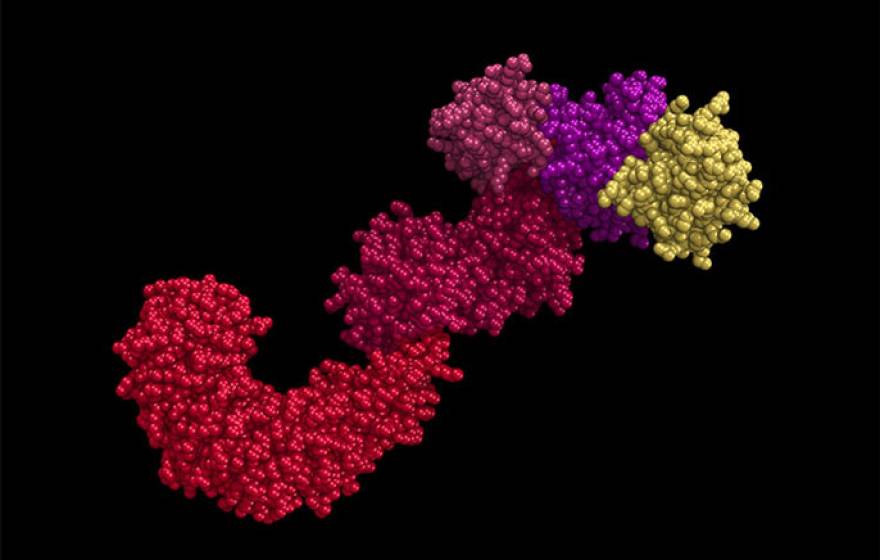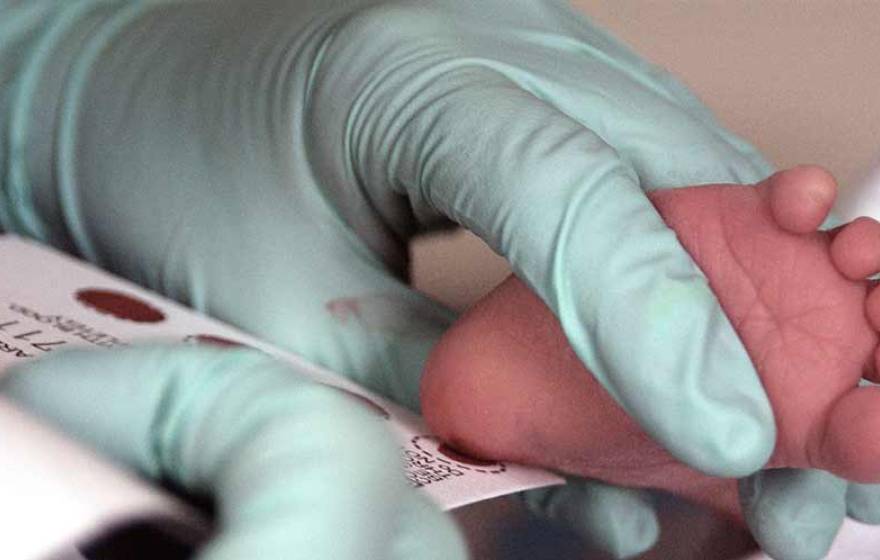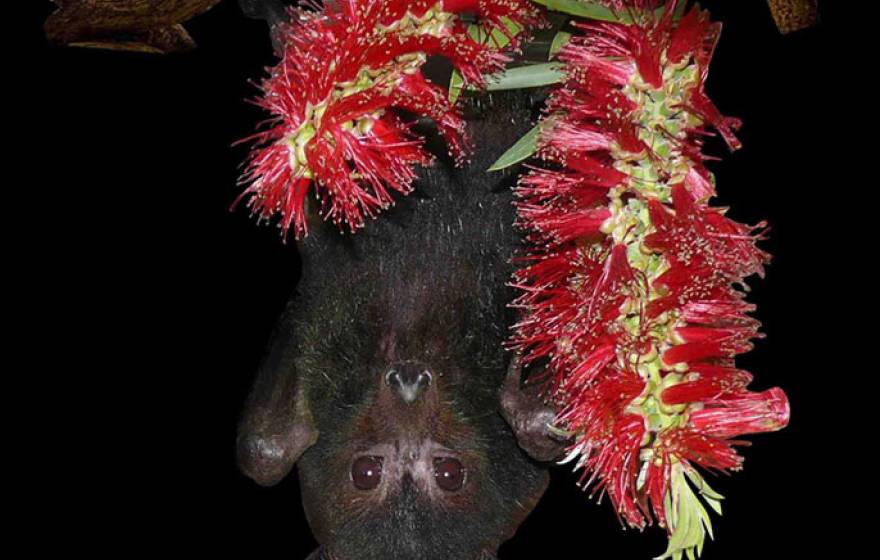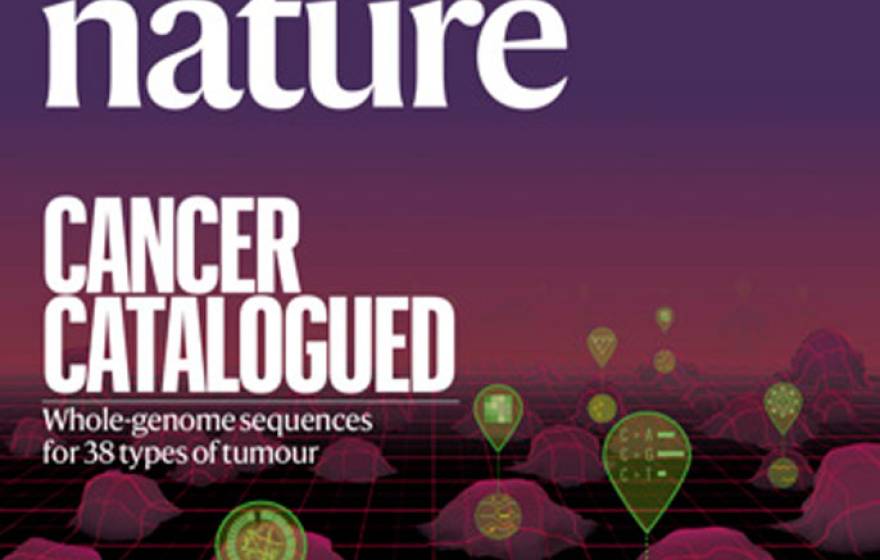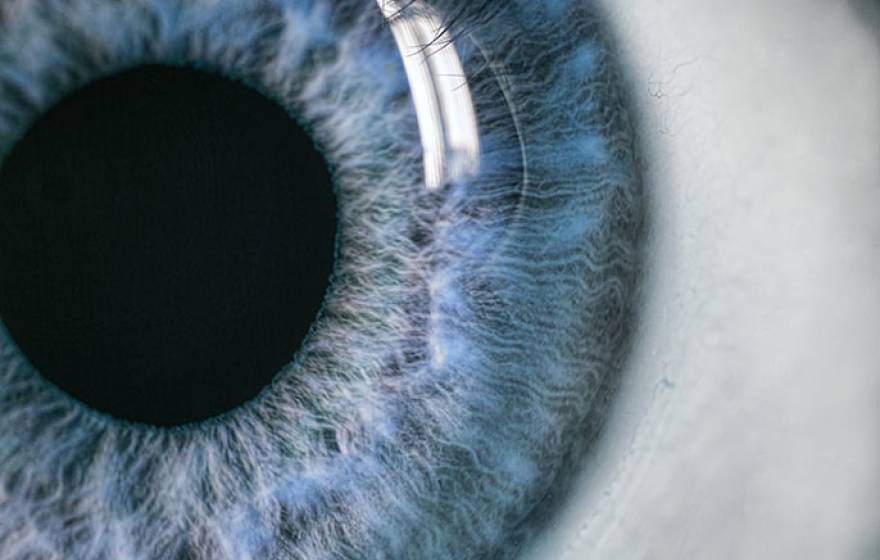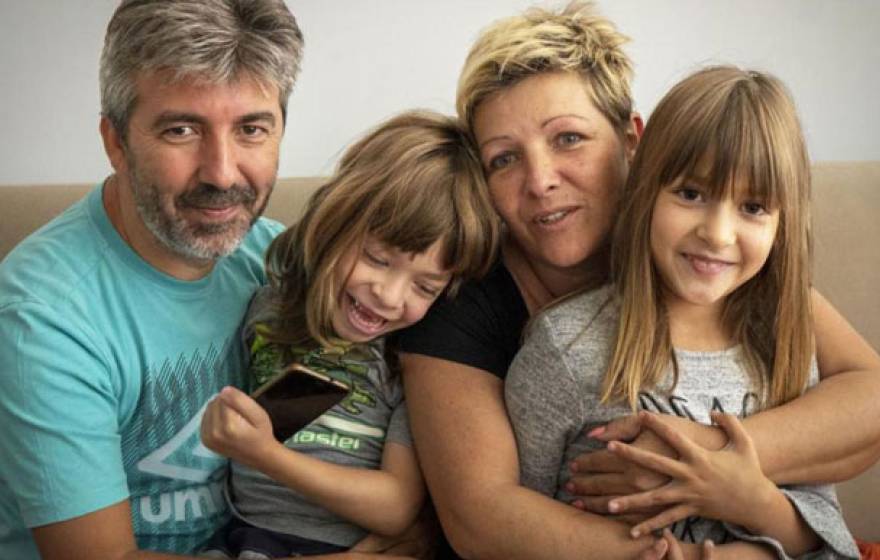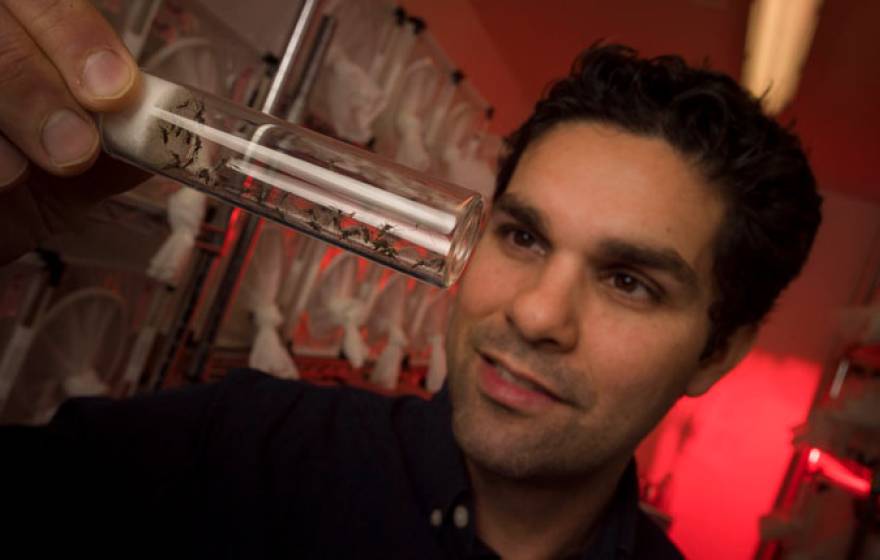Nadine Burke Harris, the state's first-ever surgeon general (and UC alum), is working with UCSF to realize her ambitious goal.
Scientists discover switch that controls chronic inflammation and aging
This could help treat or even reverse the development of conditions like Alzheimer’s, Parkinson’s and cancer.
Predicting autism risk may begin with a drop of blood
New research study will analyze dried blood spots recorded from California newborns in hope of improving ability to predict autism risk.
Taking a stand against prolonged sitting
Stretch breaks and more open classrooms could lower health risks for students and faculty.
Coronavirus outbreak raises question: Why are bat viruses so deadly?
Bat immune systems can be so fierce that they drive viruses to a virulence that proves deadly for humans.
Most comprehensive study of whole cancer genomes completed
The Pan-Cancer Project discovers causes of unexplained cancers and zeros in on mechanisms of development.
Agricultural area residents in danger of inhaling toxic aerosols
Overuse of selenium-heavy fertilizers creates airborne, lung-damaging particles.
Putting the ‘lazy eye’ to work
New research on how amblyopia actually works could lead to better treatments that improve 3-D vision.
As mysterious coronavirus spreads, an infectious disease expert explains what you should know
Infectious disease expert Dr. Charles Chiu talks about the origins of the Wuhan virus and explains the public health risks.
Spreading hope and healing for fragile X syndrome
Doctors offer families support in a region of the world just beginning to recognize let alone treat the condition.
The mosquito that repels the dengue virus
An international team of scientists has synthetically engineered mosquitoes that halt dengue virus transmission.
America’s most widely consumed cooking oil causes genetic changes in the brain
Soybean oil is linked to metabolic and neurological changes in mice in new research.

